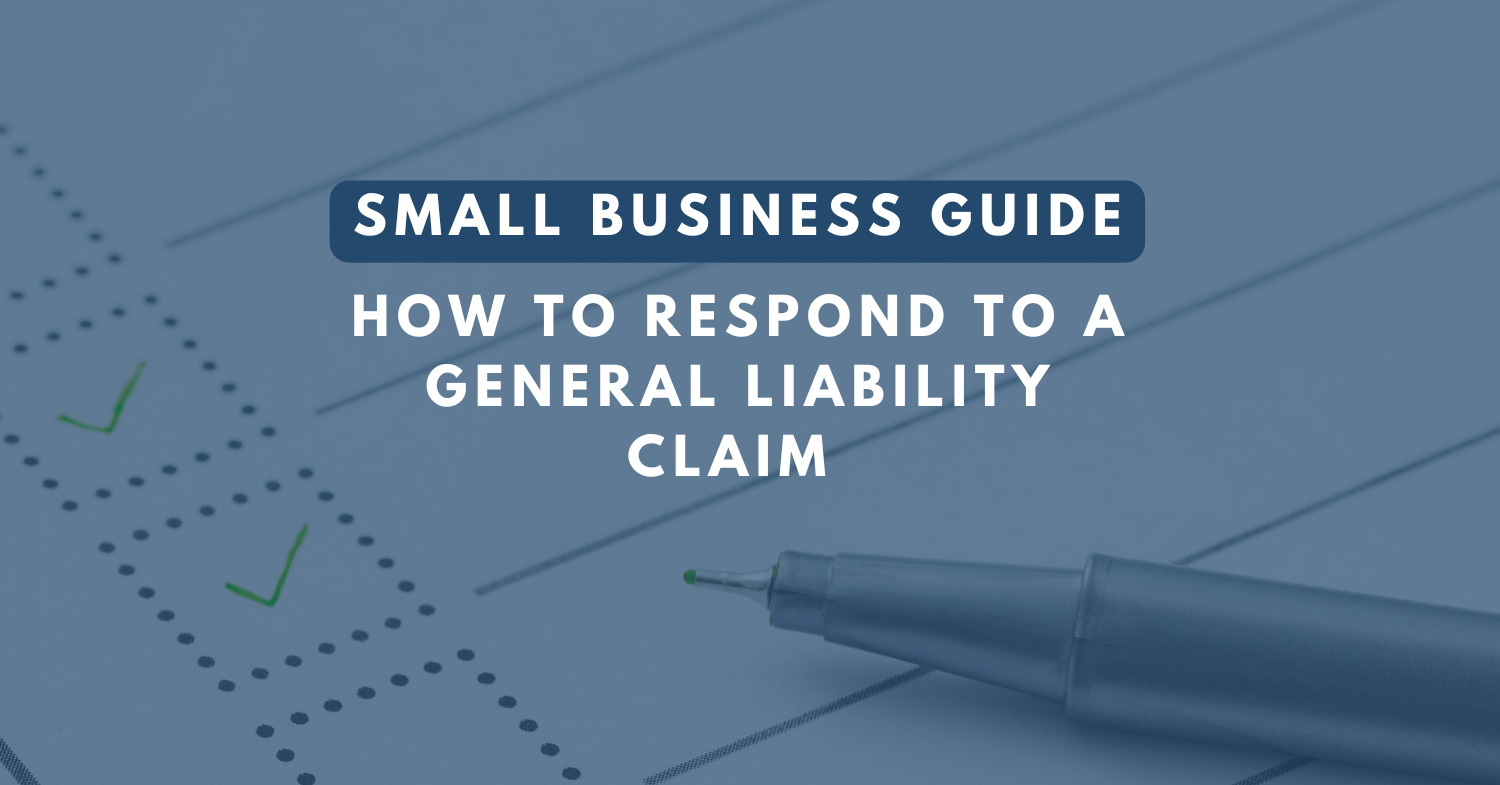Navigating BTIS General Liability Audits: A Guide for Small Contractors
See How We're Different
or call us: (858) 384‑1506
Watch this video for important information on your BTIS audit!
Introduction
In the competitive and risk-prone construction world, small contractors often navigate through a labyrinth of insurance requirements. BTIS, a respected Managing General Underwriter (MGU), has recently implemented a policy of auditing general liability coverage for small contractors at the end of their policy term. Understanding the process and requirements is critical for contractors who wish to maintain coverage and avoid unexpected costs.
Understanding General Liability Audits
Audits serve as a verification process to ensure that the premiums paid by the contractors align with their exposure to risks during the policy period. If your operations expand or contract significantly, the premium you were initially charged may not accurately reflect your risk. An audit allows BTIS to adjust the premium accordingly.
What BTIS Expects
For contractors insured through Security National, Veta, and CNA (and possibly additional carriers), the audit requires several critical documents:
- Forms 940 or 941 to verify payroll figures.
- A list of all subcontractors used throughout the policy term, along with certificates of insurance and any additional insured endorsements.
- A questionnaire that details operations, the number of employees, gross payroll, and gross sales.
- A Profit and Loss (P&L) statement to provide a clear picture of your financial situation.
The Process
Once your policy reaches its expiration, you will be contacted by BTIS to start the audit process. As a contractor, you must gather the required documents and information, following BTIS’ guidelines closely to ensure a smooth audit experience. It’s important to be as accurate and complete as possible to avoid any discrepancies that could have financial repercussions.
Non-Compliance and Its Implications
Failing to comply with the audit requirements can lead to significant drawbacks:
- You may be billed for additional premium based on an estimate that might not accurately reflect your actual exposure.
- You risk non-renewal of your policy—which can be a serious setback, as general liability insurance is a necessity in the contracting industry.
The Key to a Successful Audit: Preparation and Accuracy
- Start early: As soon as you receive notification of an upcoming audit, begin organizing your paperwork.
- Be meticulous: Ensure that the information you provide is accurate and complete.
- Ask questions: If you’re unsure about what’s required, reach out to BTIS for clarification.
- Seek professional help: Consider engaging our complementary company, 4C Advising, to assist in the process.
Conclusion
General liability audits might seem daunting, but with the right approach, they can be navigated effectively. By understanding what is expected and preparing diligently, small contractors can ensure that they remain in good standing with their insurer and continue to protect their business against potential liabilities.
Remember, insurance is a partnership – staying proactive about audits not only complies with the terms of your coverage but also reinforces your commitment to responsible business practices.







